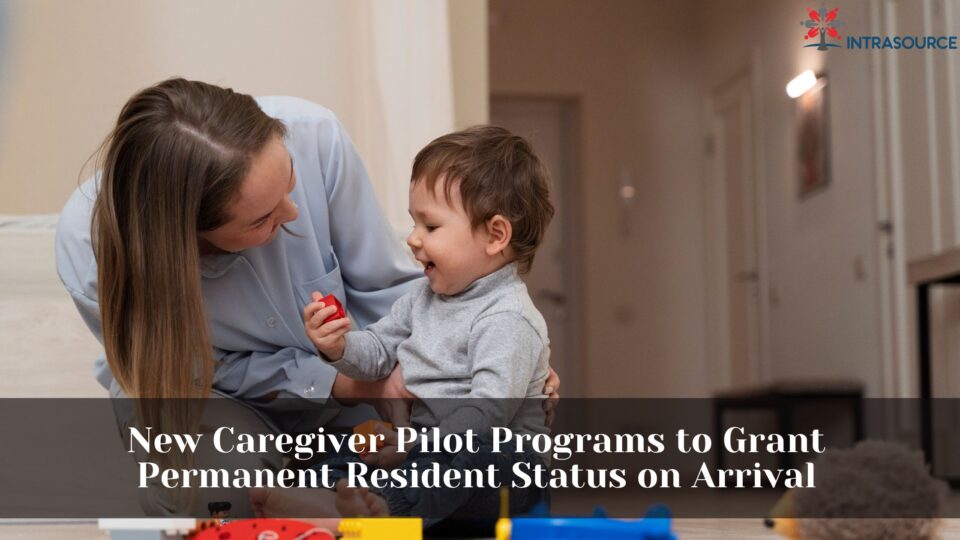As the current Home Child Care Provider Pilot and Home Support Worker Pilot programs near their expiration dates, Canada has announced new, improved carer pilot programs. Canada introduces new caregiver pilot programs allowing qualified applicants to receive permanent resident status immediately upon arrival.
Changes in Eligibility Criteria
The current trial initiatives are scheduled to end on June 17. Instead, the upcoming trial programs will offer Permanent Resident Status to home care workers upon their arrival in Canada, removing the need for a specific duration of work experience within the country.
Under the new guidelines, caregivers must meet several criteria to be eligible:
- Attain a minimum of level 4 based on the Canadian Language Benchmarks (CLB)
- Hold the equivalent of a Canadian high school diploma
- Have recent and relevant work experience
- Receive an offer for a full-time home care job
This marks a significant change from the previous pilots, which required a CLB of 5 and a year of Canadian post-secondary education (or its foreign equivalent). The old programs also mandated at least six months of work experience. More details on work experience requirements will be disclosed closer to the official launch.
Expanded Employment Opportunities
Under these new programs, organizations that provide temporary or part-time care for people who are semi-independent or recovering from injury or illness will also be able to employ caregivers. This expansion aims to fill gaps in care services across Canada.
Government Perspective
In an IRCC news release, Immigration Minister Marc Miller emphasized the importance of caregivers in Canada. He declared: “Our programs must acknowledge the vital role that carers play in assisting Canadian families. As we work to implement a permanent caregivers program, these two new pilots will not only improve support for caregivers but also provide families with the quality care they deserve.”
The Necessity of Childcare Providers in Canada
Finally, families in Canada require childcare providers as more women, who traditionally take on more of the caretaking duties for young children, seek to enter the workforce.
Statistics Canada data from 2023 found that:
“On an annual basis, the labor force participation rate for women aged 15 years and older and all education levels grew from 58.5% in 1990 (the beginning of the current data series) to 61.5% in 2022. The rate for men declined from 76.1% to 69.5% over the same period.”
Future Outlook for Caregiver Programs in Canada
Looking ahead to the future of caregiver programs, the 2024-2026 Immigration Levels Plan outlines how Canada will welcome over 15,000 residents through caregiver initiatives. Since the inception of the Home Child Care Provider Pilot and Home Support Worker Pilot in 2019, around 5,700 caregivers and their families have already gained Permanent Resident Status by April 30, 2024.
With Canada’s population aging, there is a growing demand for caregivers. The projected retirement of more than nine million Canadians within the next six years indicates a heightened necessity for caregiving services both at home and in institutional settings.
Report Findings Reveal Urgent Needs
A recent report from the Canadian Centre for Caregiving Excellence sheds light on pressing issues faced by caregivers in Canada. It emphasizes that many caregivers are seniors aged 65 and above who may themselves require care. Shockingly, nearly one out of every five caregivers falls into this category. Organizations often overlook them when it comes to providing services or support to assist with their caregiving responsibilities.
The introduction of these caregiver pilot programs not only aims to address these critical needs but also strives to create more efficient and supportive processes that benefit both caregivers and their employers. By offering Permanent Resident Status on arrival, Canada is making significant strides in valuing and supporting the crucial work of caregivers across the nation.


